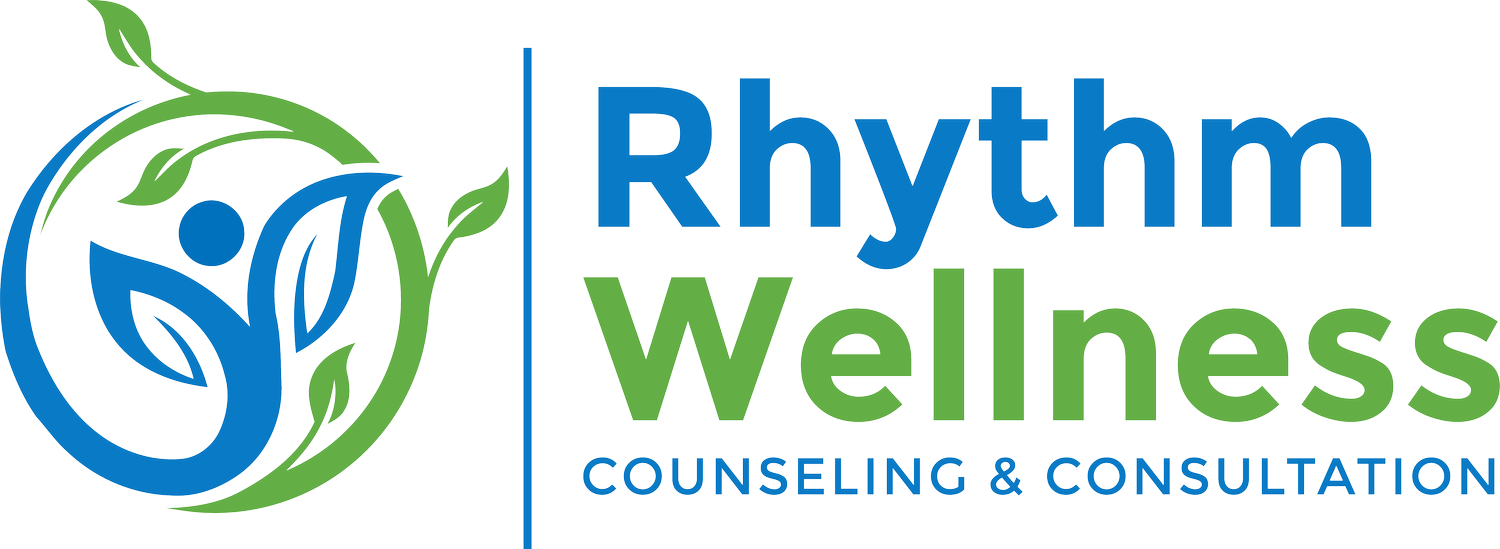Thanksgiving Survival Tips: How to Manage Family Drama and Enjoy the Holiday
Thanksgiving is a time to celebrate and give thanks for the blessings in our lives. But it can also be a source of stress and anxiety for many people, especially when it comes to dealing with difficult family dynamics. Whether you are hosting a large gathering, traveling to see relatives, or spending the holiday alone, you may face some challenges that can affect your mental and emotional well-being. Here are some tips on how to cope with family stress during the thanksgiving holiday and enjoy the festive season.
Set realistic expectations. Don’t expect everything to go perfectly or everyone to get along. There may be some disagreements, misunderstandings, or disappointments along the way. Instead of focusing on the negative aspects, try to appreciate the positive ones. Remember that you can’t control other people’s actions or reactions, but you can control your own. Be flexible and adaptable to changing situations, and don’t take things personally.
Plan ahead and delegate tasks. One of the main sources of stress during thanksgiving is the amount of work involved in preparing and hosting a meal for a large group of people. To avoid feeling overwhelmed, start planning early and make a list of everything you need to do. Ask for help from other family members or friends, and assign them specific tasks. You don’t have to do everything by yourself. You can also simplify the menu, order some dishes from a caterer, or make it a potluck. The goal is to enjoy the food and the company, not to impress anyone with your culinary skills.
Avoid or limit topics that may trigger conflict. Politics, religion, money, and personal issues are some of the common topics that can spark heated arguments among family members. If you know that your family has different opinions or beliefs on these matters, it may be wise to avoid or limit bringing them up during the holiday. Instead, focus on topics that you have in common, such as shared memories, hobbies, interests, or plans. You can also use humor, compliments, or gratitude to lighten the mood and create a positive atmosphere. If someone tries to engage you in a debate or a criticism, you can politely decline or change the subject. You don’t have to agree with everything they say, but you can respect their right to have their own views.
Take care of yourself. Stress can take a toll on your physical and mental health, so it’s important to practice self-care during the holiday. Make sure you get enough sleep, eat well, exercise, and drink plenty of water. You can also do some relaxing activities, such as meditation, yoga, reading, listening to music, or taking a walk. If you feel overwhelmed or anxious, take a break and find a quiet place to calm down and breathe. You can also reach out to a supportive friend, a therapist, or a helpline if you need someone to talk to. Remember that you are not alone, and there are resources available to help you.
Find ways to enjoy the holiday. Thanksgiving is not only about stress and drama, but also about joy and gratitude. Try to find ways to make the holiday fun and meaningful for yourself and your loved ones. You can play games, watch movies, tell stories, or do crafts with your family. You can also volunteer at a local charity, donate to a cause, or send cards or messages to people you are thankful for. You can also create your own traditions or rituals that reflect your values and beliefs. The most important thing is to celebrate the holiday in a way that makes you happy and fulfilled.
